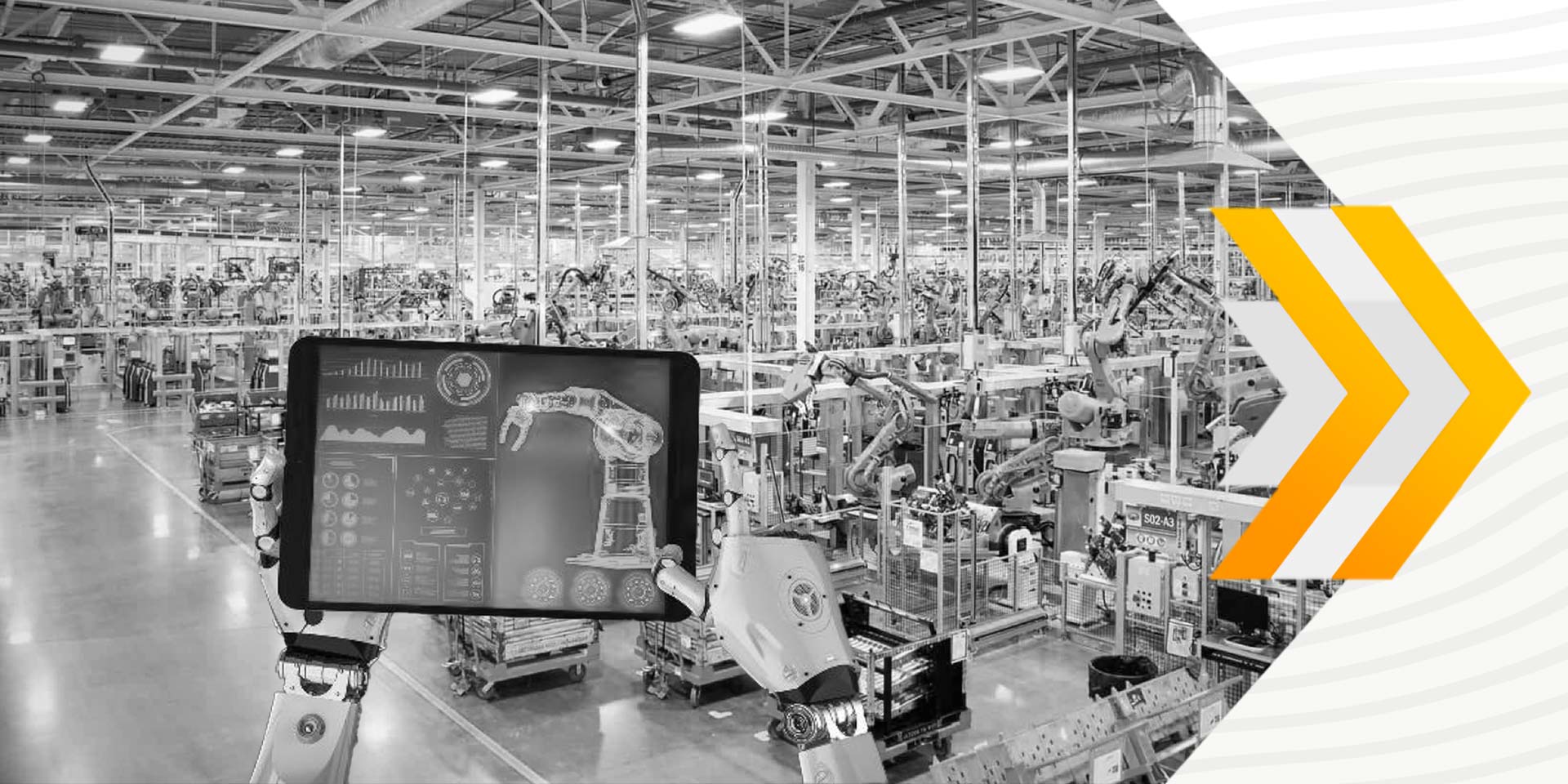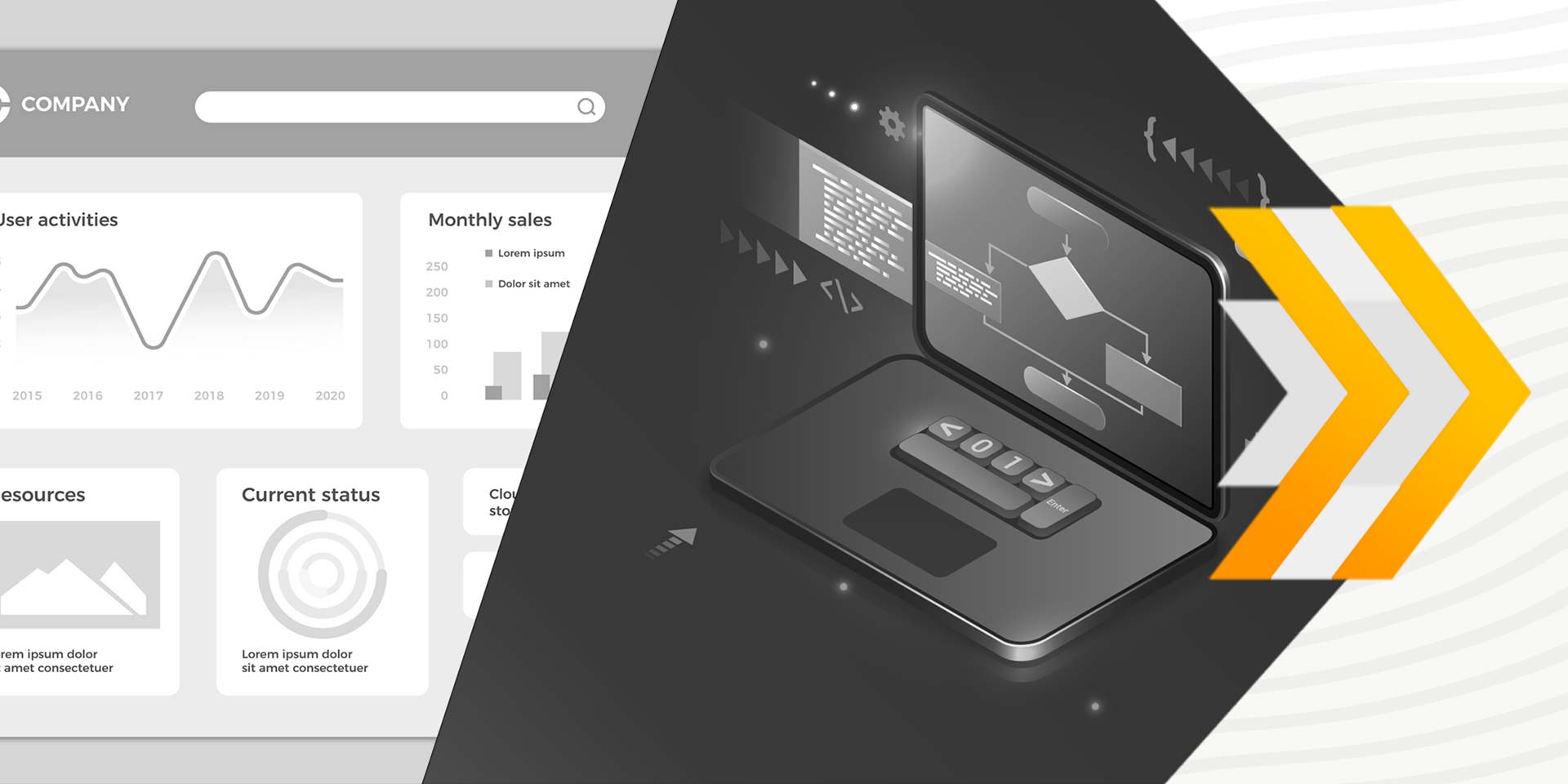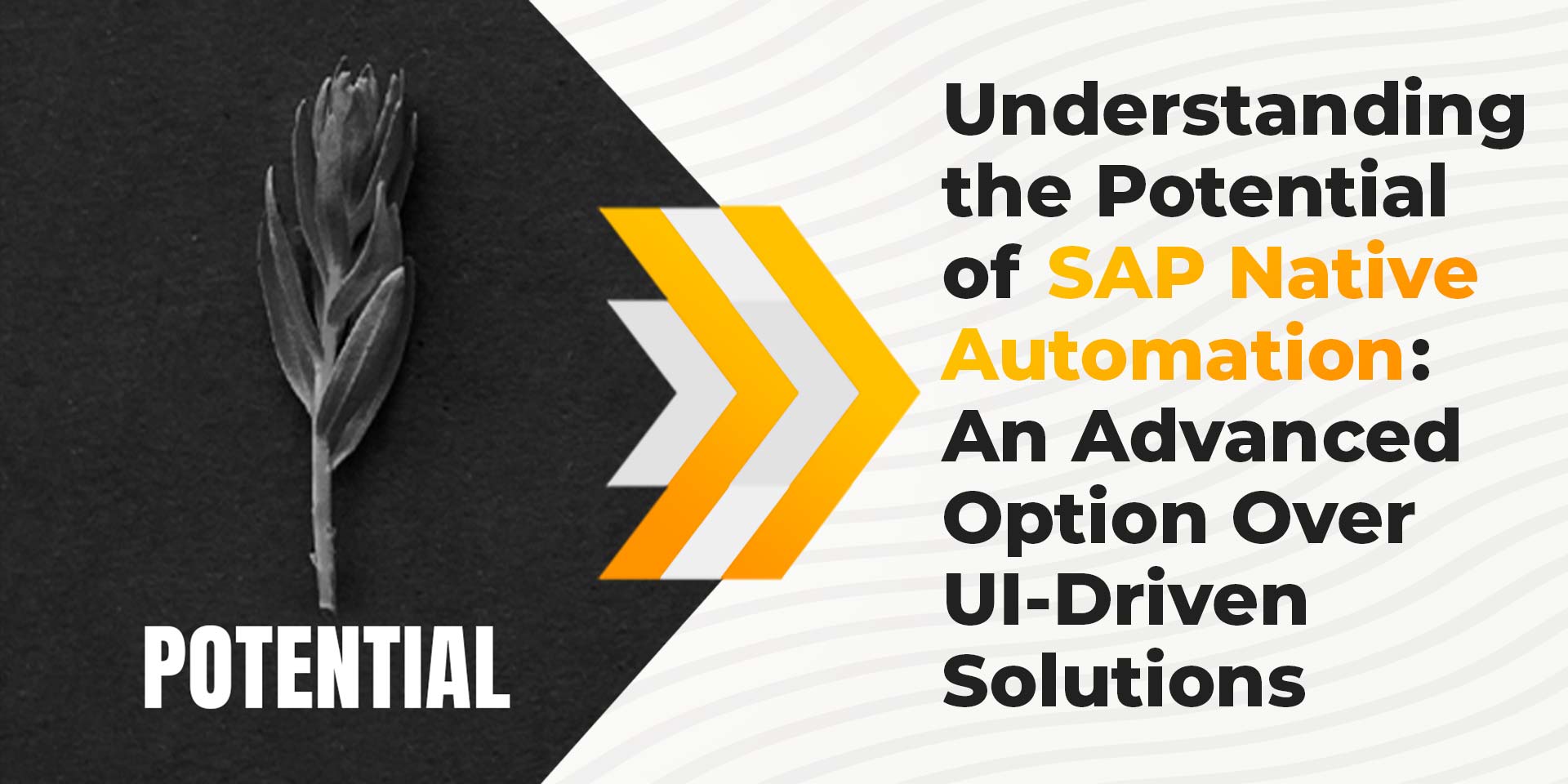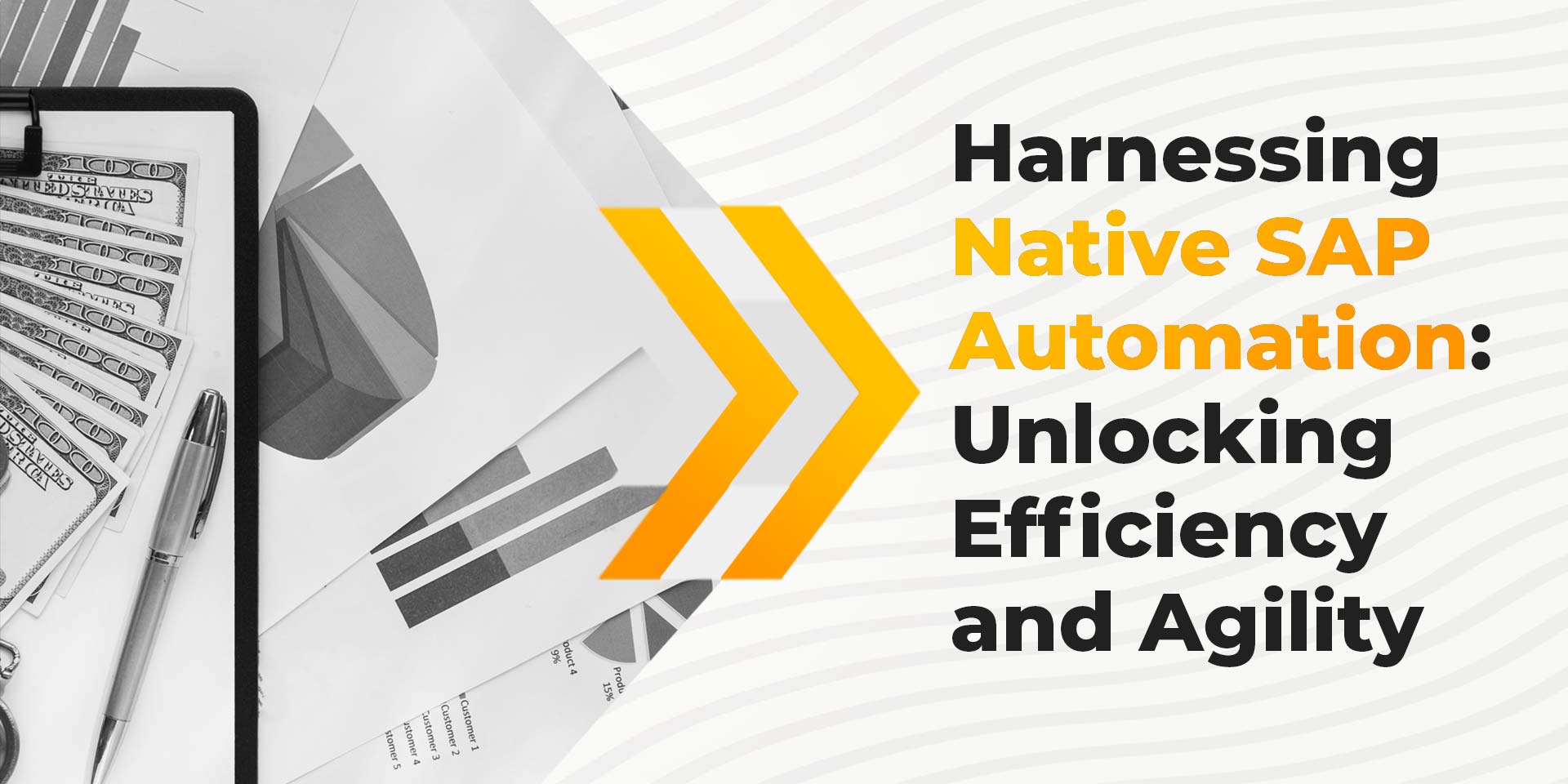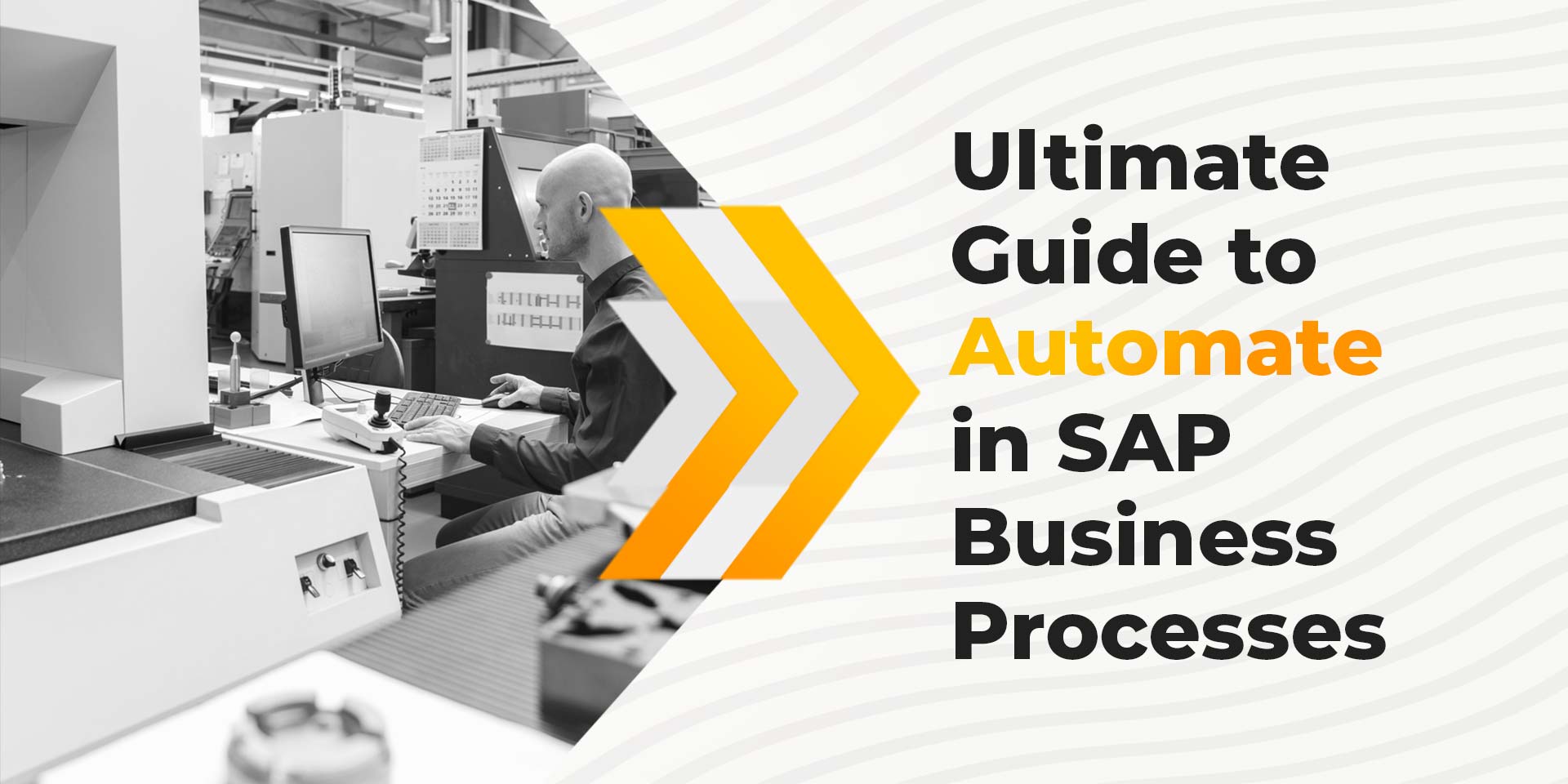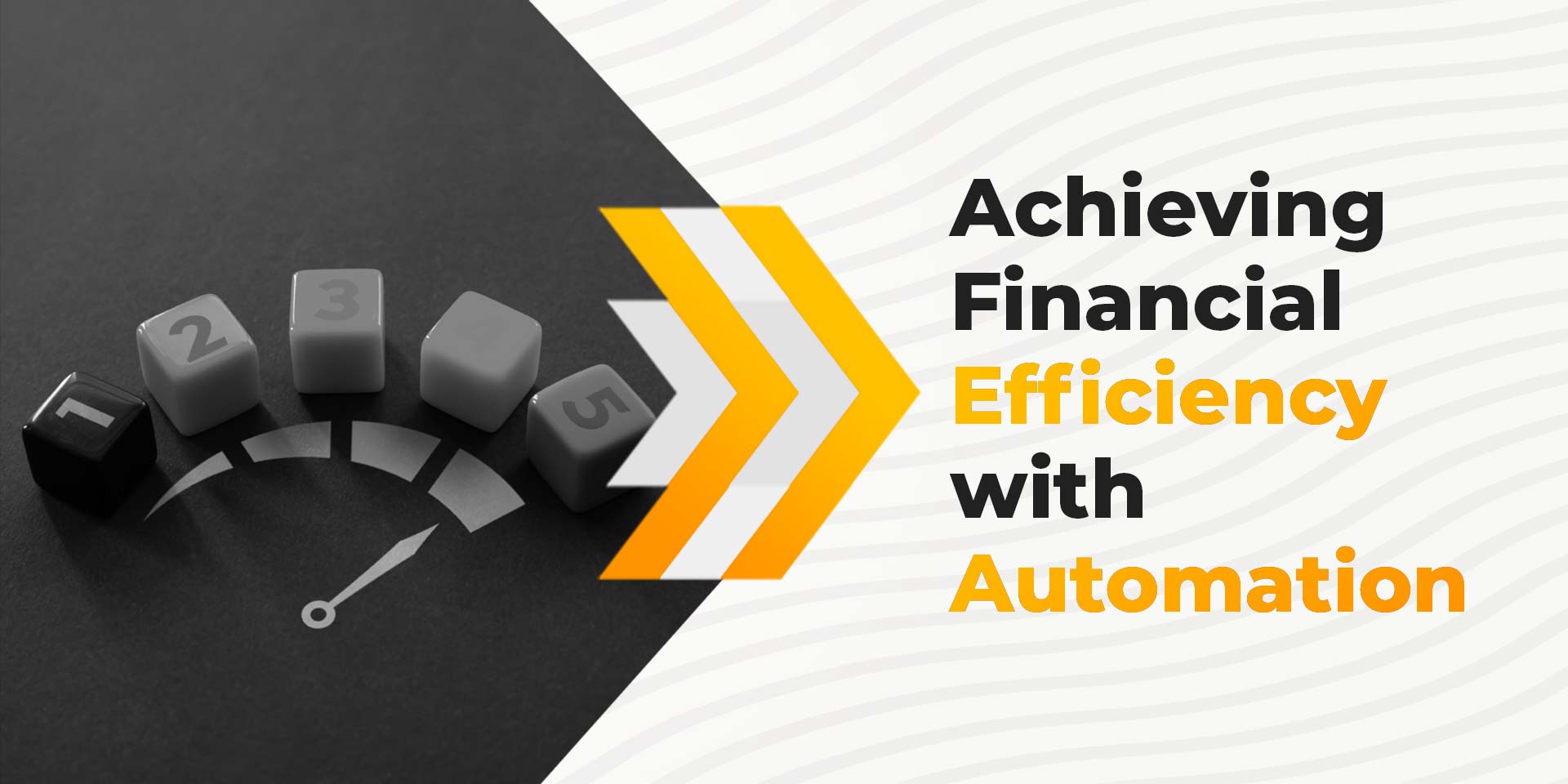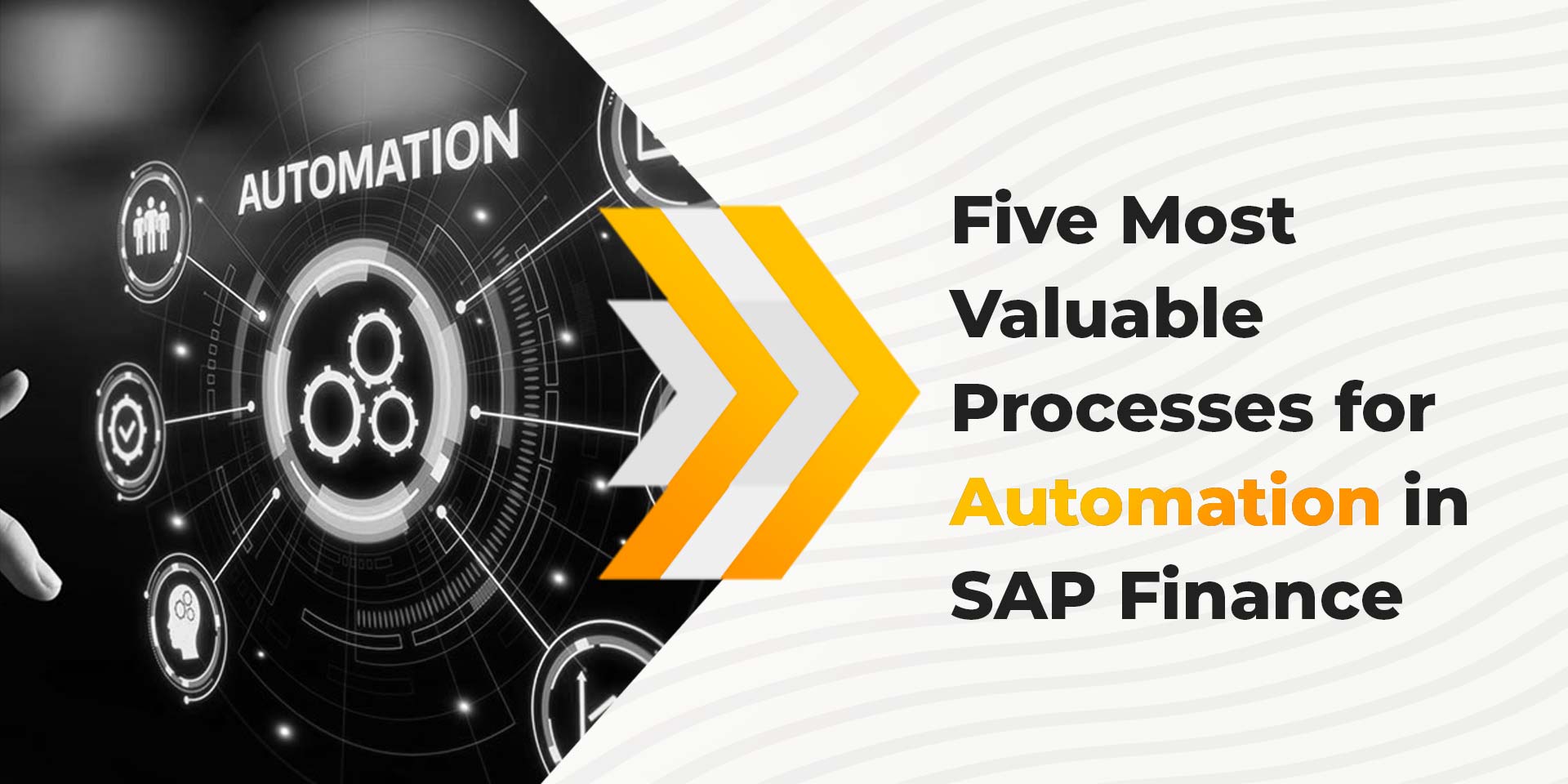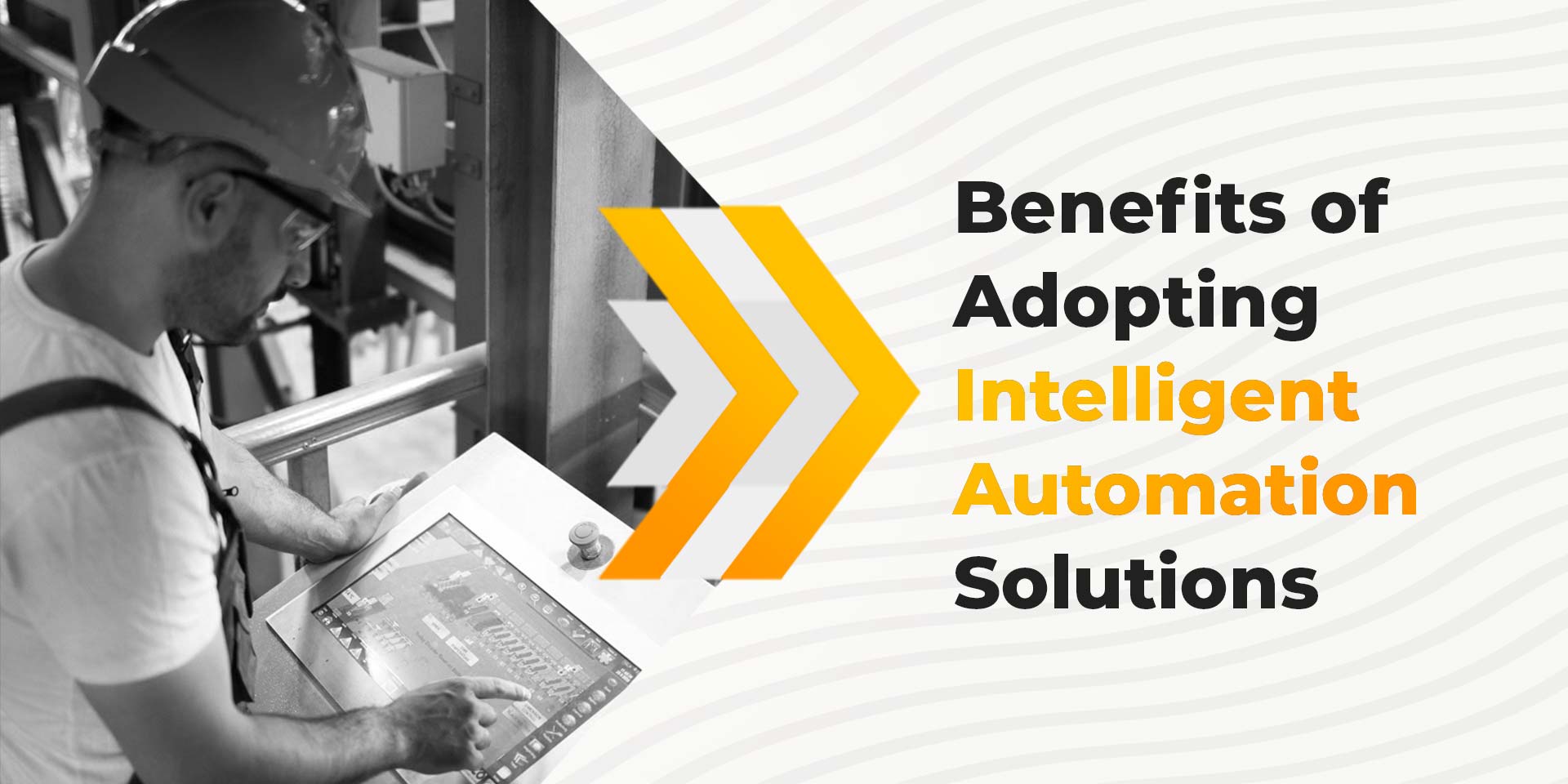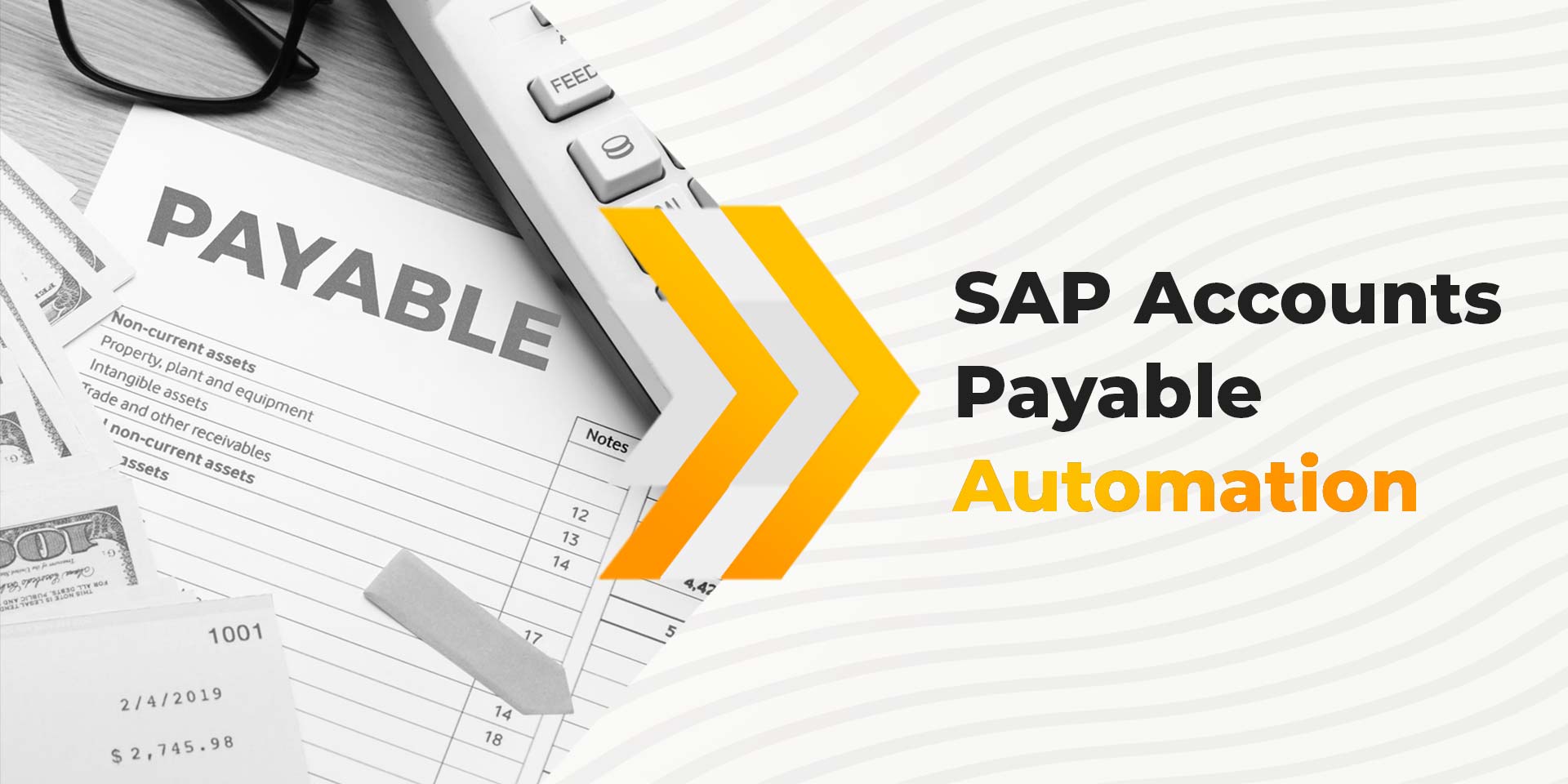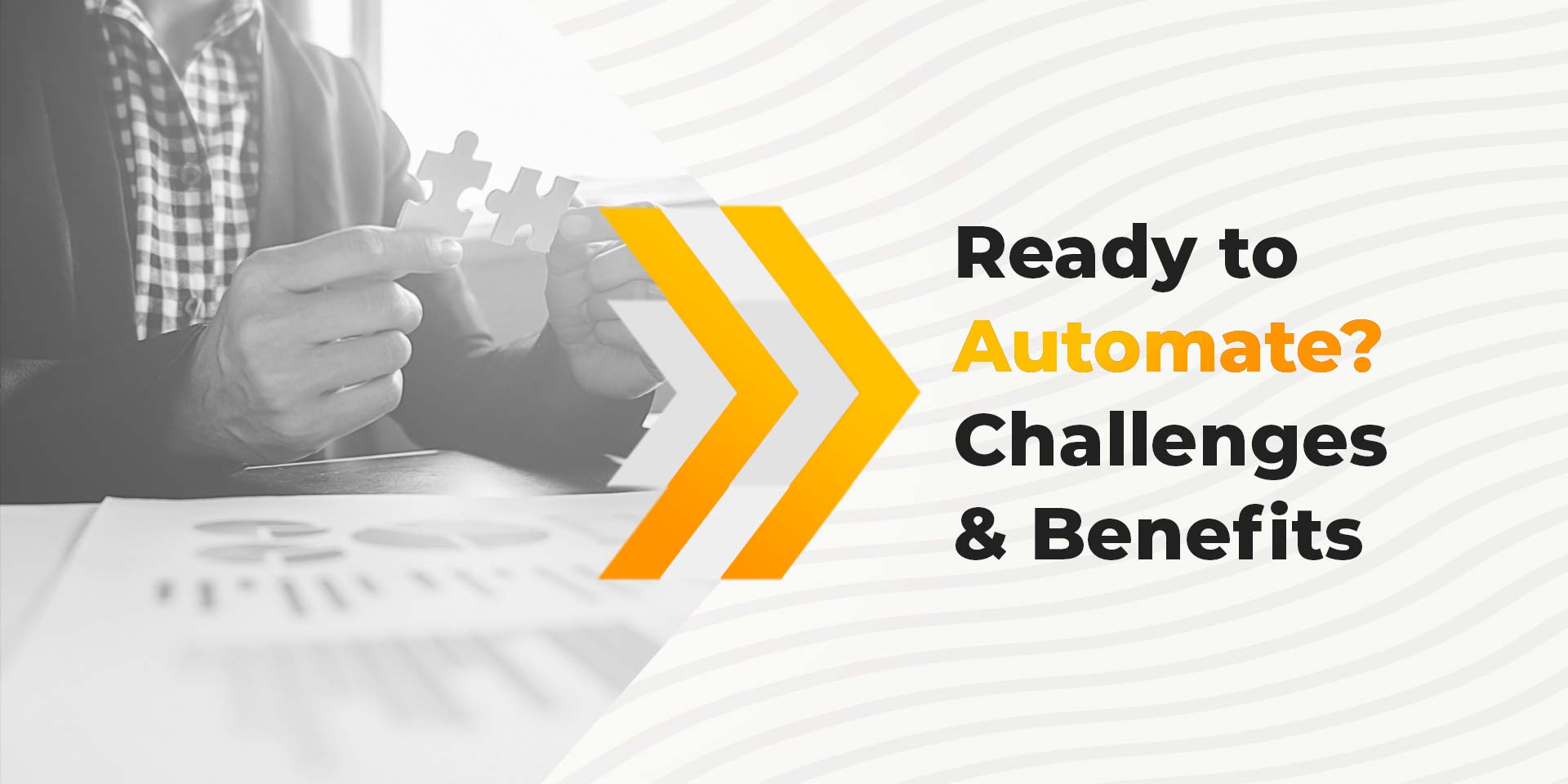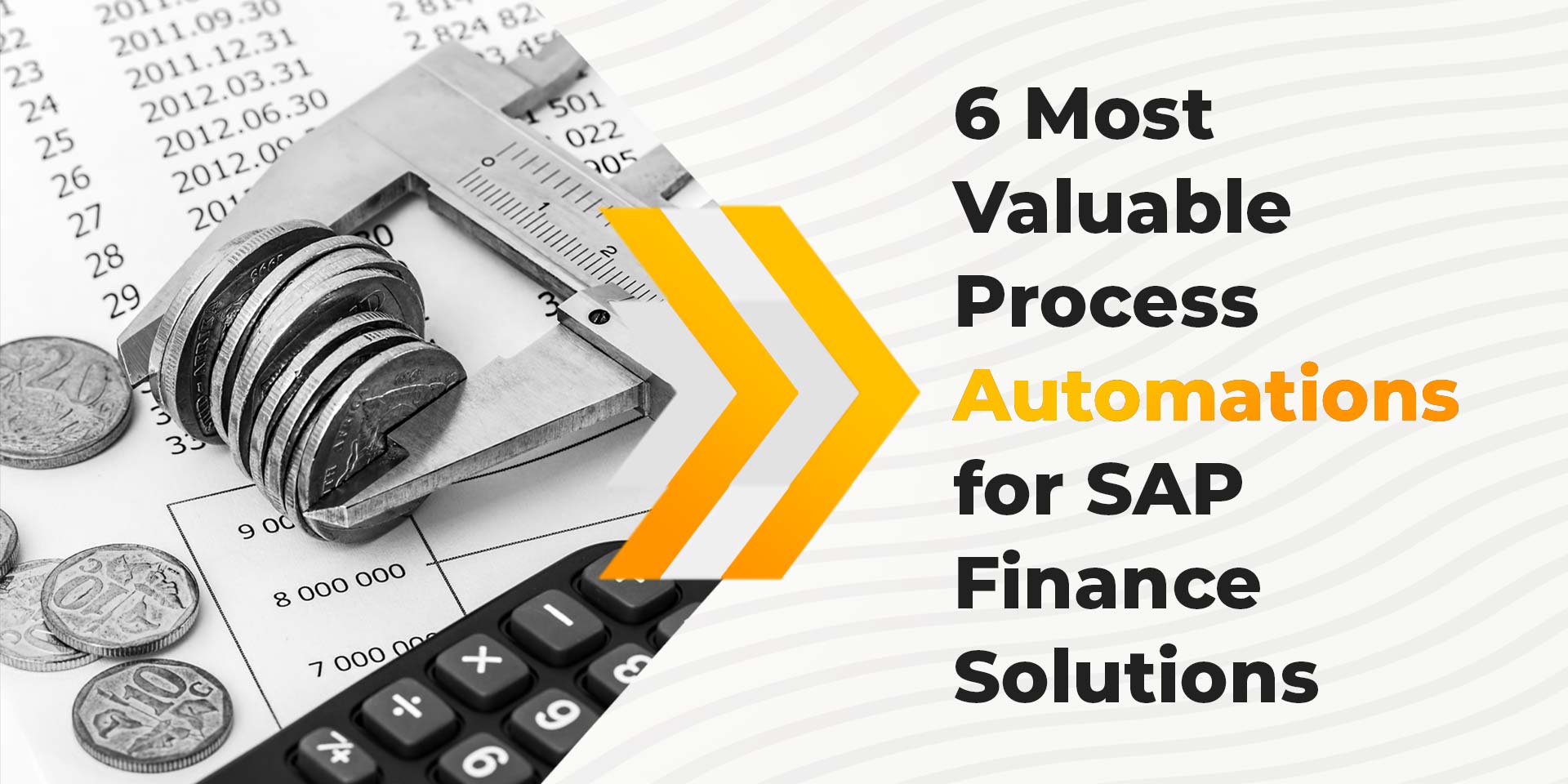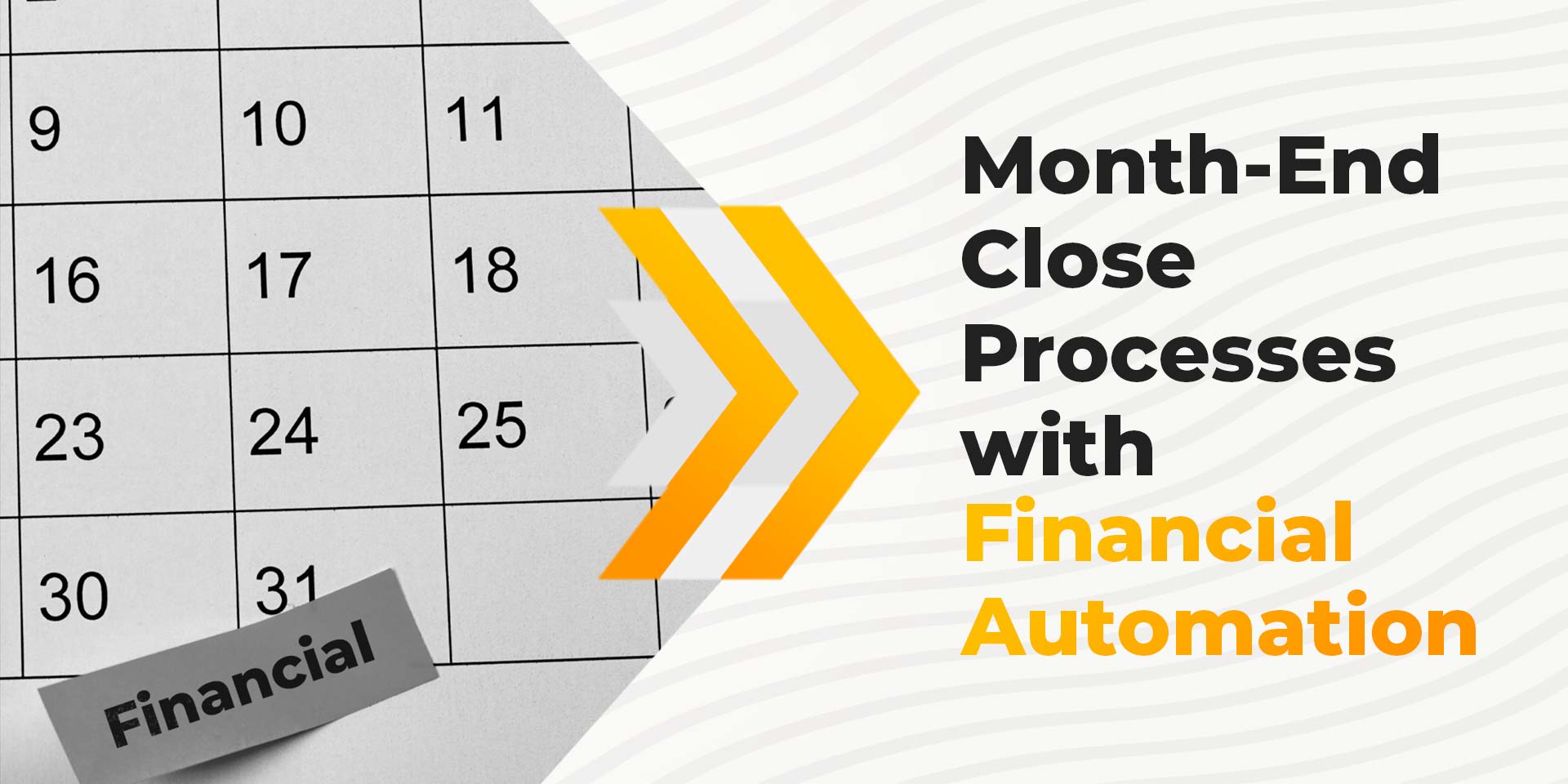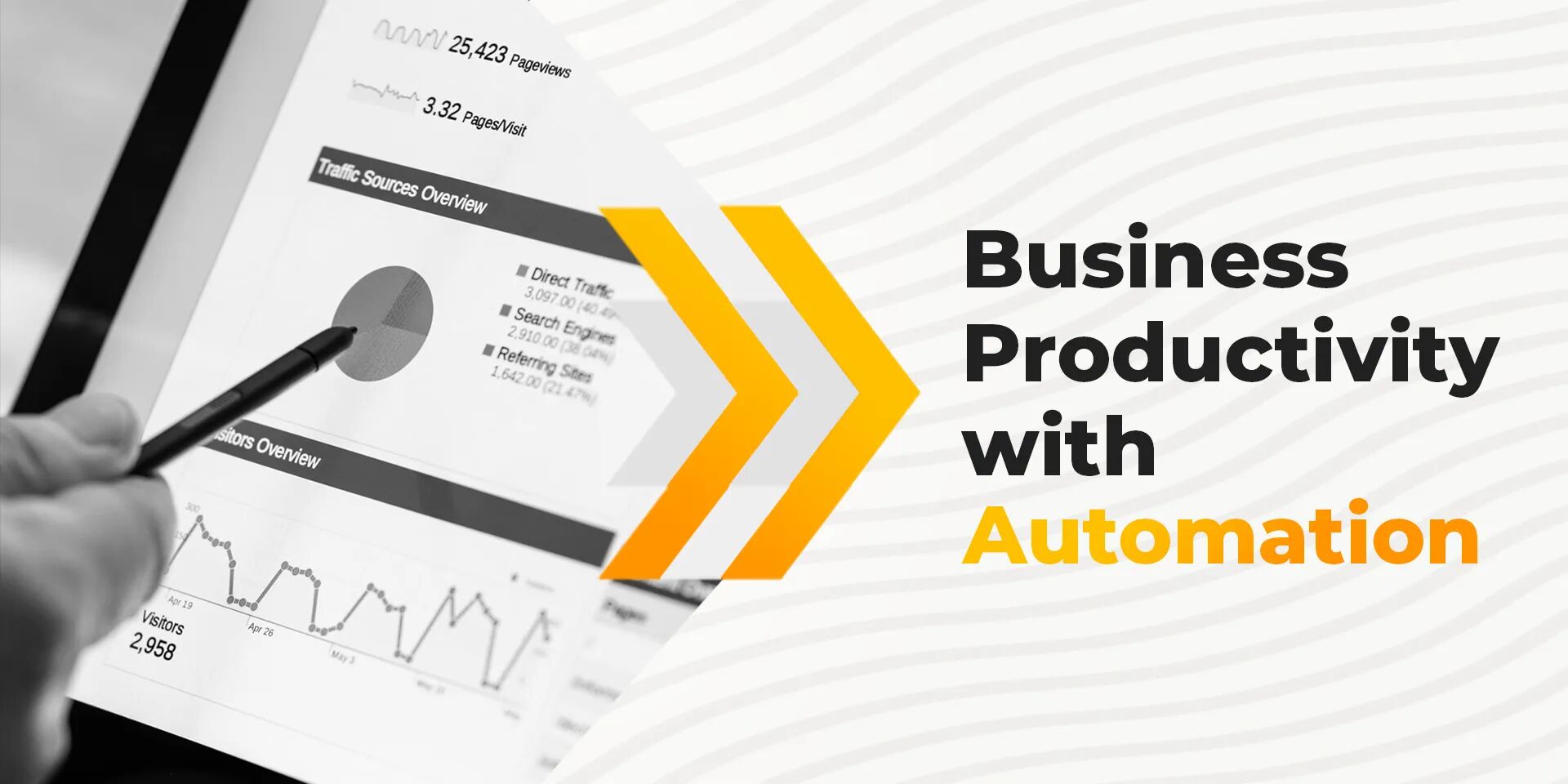Automation
Key Factors to Consider When Evaluating RPA Vendor Capabilities


- Table of Contents
- Introduction
- Scalability- Paving the Way for Growth
- Security- Safeguarding Processes and Data
- Support- Partnering for Success
- Ease of Implementation- Making Automation Accessible
- Integration Capabilities- Building a Unified System
- Cost-Effectiveness- Balancing Investment and Returns
- Conclusion
Introduction
Navigating the intricacies of the modern business landscape requires more than just traditional approaches. Enter robotic process automation (RPA), a revolutionary technology that has redefined how organizations operate and optimize their processes. As RPA solutions continue to gain prominence across industries, organizations are presented with a remarkable opportunity to boost efficiency, lower operational costs, and elevate overall performance. In fact, an impressive 61% of companies reported that their expectations for cost reduction have not only been met but exceeded.
However, the journey toward successful RPA implementation begins with a crucial decision: selecting the right RPA vendor . This decision is pivotal, as it sets the foundation for the organization's automation strategy. In this blog, we delve into the key factors that decision-makers must consider when evaluating RPA vendor capabilities. By understanding these factors, organizations can ensure they align their automation initiatives with their specific needs and drive unprecedented success.
Scalability: Paving the Way for Growth
Scalability is a fundamental aspect of any technology solution, and RPA is no exception. Organizations evolve, and their processes change over time. Therefore, it's crucial to assess the scalability of RPA solutions offered by vendors. For example, an organization may want to go desktop-less and scale up its operations by increasing the number of bots.
As the volume of tasks automated through RPA grows, the platform should seamlessly accommodate the increased workload without compromising on performance. Ensuring that the RPA vendor can provide solutions that scale with the organization's needs will provide long-term value that continues to pay dividends as the business grows.
Security: Safeguarding Processes and Data
With the increasing reliance on technology, the concern for data security has never been more critical. The chosen RPA solution must adhere to stringent security protocols to protect sensitive information and maintain data integrity. When evaluating vendors, look for features such as encryption, access controls, and compliance with industry regulations. A reputable RPA tool should demonstrate a commitment to keeping business process automation and data secure throughout the automation journey.
Support: Partnering for Success
The journey of implementing RPA doesn't end with deployment; it's just the beginning. Robust vendor support plays a pivotal role in ensuring a smooth transition and ongoing success. Assess the level of support provided by the vendor, including training resources, documentation, and a responsive customer support team. A vendor that offers comprehensive support empowers companies to overcome challenges and maximize the benefits of RPA solutions.
Ease of Implementation: Making Automation Accessible
Implementing a complex RPA platform can be challenging and time-consuming. To ensure the process is as smooth as possible, look for solutions that are easy to install and require minimal customization. It's also important to find a solution with a user-friendly interface so it can be easily adopted by your teams without additional training or resources. With an intuitive platform, companies can quickly realize the value of RPA through reduced costs, improved efficiency, and increased productivity.
Integration Capabilities: Building a Unified System
In today's interconnected digital landscape, RPA solutions should seamlessly integrate with existing systems and applications. The lack of integration capabilities can lead to siloed automation efforts and hinder an organization's ability to achieve end-to-end process optimization. Whether it's an ERP, CRM, or other business-critical software, the chosen RPA vendor should offer integration capabilities that ensure a harmonious flow of data and processes across the organization. Native SAP automation, for instance, is a key consideration for enterprises heavily invested in SAP environments. The ability to integrate with an existing technology stack enhances efficiency and reduces the disruption caused by the adoption of new tools.
Cost-Effectiveness: Balancing Investment and Returns
While evaluating RPA vendors, the financial aspect cannot be overlooked. Striking a balance between investment and potential returns is crucial. Seek vendors that offer transparent pricing models, providing clear breakdowns of costs. However, keep in mind that the lowest upfront cost may not necessarily translate to the best long-term value. Factor in total cost of ownership, including implementation, training, maintenance, and scalability expenses.
Conclusion
Robotic Process Automation is reshaping business operations and offering a new horizon of possibilities. However, the success of RPA implementation hinges on selecting the right vendor, one that aligns with an organization's unique requirements and goals. By evaluating key factors such as scalability, security, support, ease of implementation, and integration capabilities, decision-makers can make a well-informed choice that lays the foundation for successful automation.
As the journey towards automation unfolds, remember that RPA is not just about technology – it's about transforming the way organizations work, enhancing efficiency, and ultimately delivering better value to customers. With the right RPA automation tool, companies can embark on this journey with confidence, knowing that they have a reliable partner who shares their vision for a more streamlined and innovative future.








